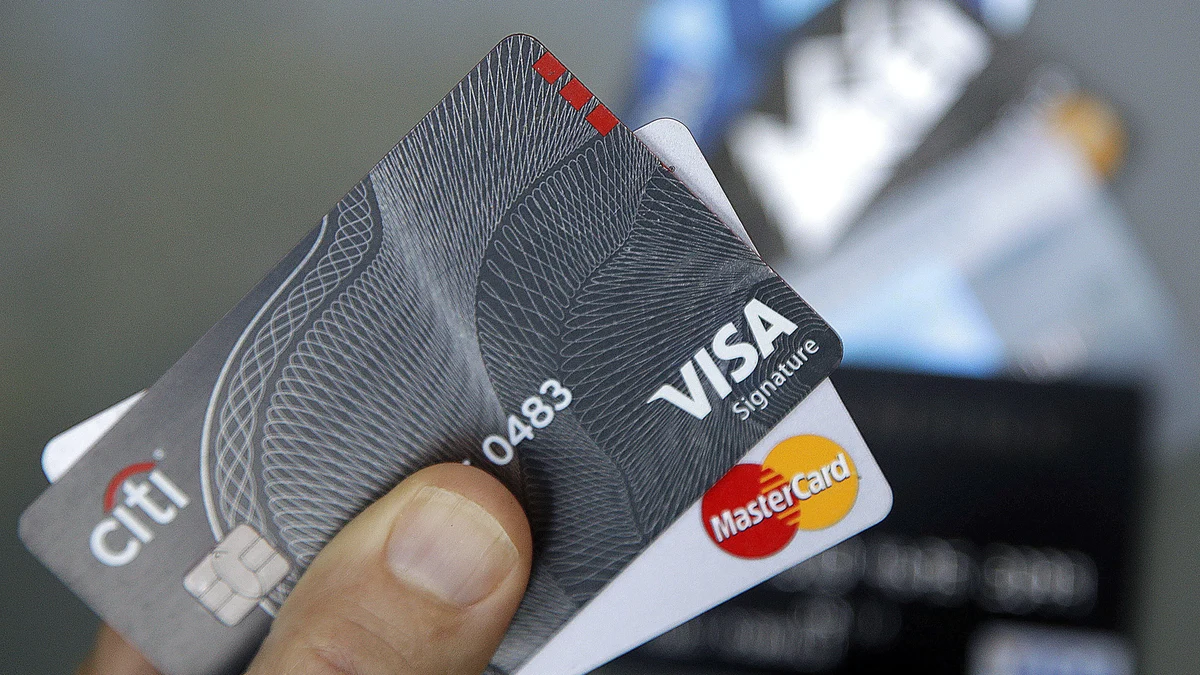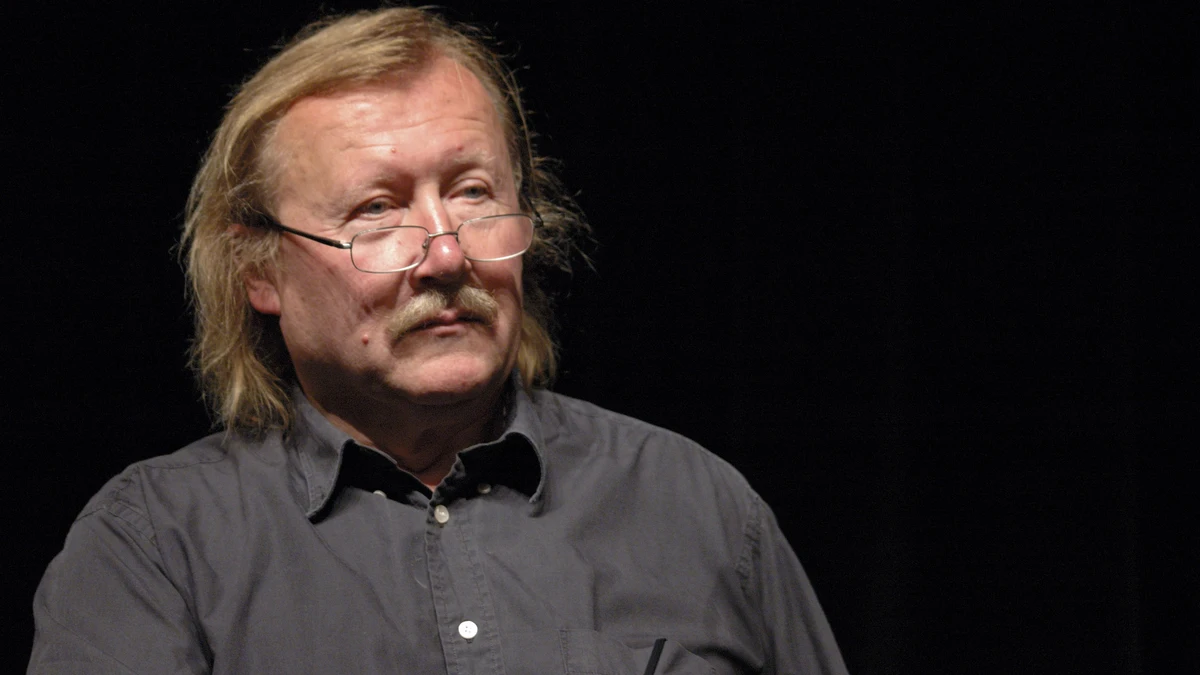The worst time to increase the minimum wage is when unemployment is rising. Yet California voters will get that option on Nov. 5. The U.S. unemployment rate moved up to 4.3% in July from 4.1% in June, the highest since October 2021, and could go higher. California’s unemployment rate, 5.2% in July, is among the highest in the country.
Proposition 32 would boost the state’s minimum wage from today’s $16 an hour to $18 in 2025. Employers with 25 or fewer workers would pay $17 until 2026. Further increases would be tied to the U.S. Consumer Price Index.
Voters should be aware of recent California developments on the minimum wage. It rose to $20 from $16 for fast-food workers on April 1. A July survey by the Employment Policies Institute found 98% of restaurants raised prices, 89% reduced employee hours, 73% cut staff or consolidated positions and 71% reduced overtime.
Ironically, one reason given for raising the minimum wage is to help poor workers make more. But they’re not helped if they’re laid off. And the poor in general are not helped by having to pay even higher prices.
Then a boost in health-care workers’ minimum wage to $25 an hour, signed by Gov. Gavin Newsom, was set to hit on June 1. But estimates clocked state costs at $4 billion to the state for health care. Of that, $2 billion was from state funds, $2 billion federal. On June 29, Newsom signed Senate Bill 159 to delay implementation until at least Oct. 15. The delay shows the real costs of any minimum wage: the higher pay has to come from somewhere. After all, there ain’t no such thing as a free lunch.
Prop. 32 would multiply such folly by applying a higher wage to all workers. In attempting to do so, it would also make many low-skill workers unemployable. “In addition to discrimination against lower-skilled workers, the minimum wage denies them the chance of sharpening their skills and ultimately earning higher wages,” wrote the late economist Walter Williams. “The most effective form of training for most of us is on-the-job training.”
Related Articles
Endorsement: No on Proposition 4, a giant feedbag of climate pork
Endorsement: Yes on Prop. 3 to affirm the state constitutional right to marriage
There’s no question California is an extremely expensive state. But raising costs to businesses by force is not the way to help people get by. As we have said in the past on this issue and about this very proposal, if the goal is to help low-wage workers get by, the better focus is on reducing the cost of living in the now very-expensive Golden State.
Obviously, the state needs to reduce the cost of housing, in particular by reforming the California Environmental Quality Act. More sensible energy policies are also needed to keep down high energy bills and sky-high gas prices. Tax cuts and deregulation could help incentivize job creators in sectors like manufacturing to continue expanding in California. And, finally, more school choice would improve education so young people start out with better economic prospects.
Instead, the proposal at hand is a well-intended but fallacious means of achieving what takes a whole lot more than simply mandating higher wages.
Vote No on Prop. 32.
























